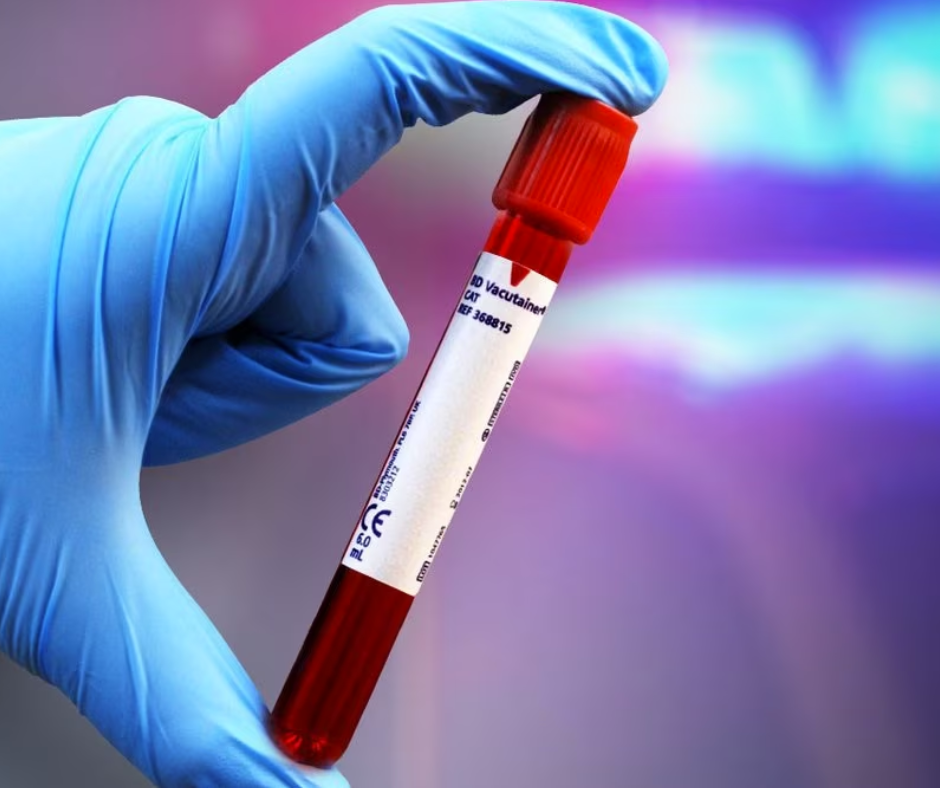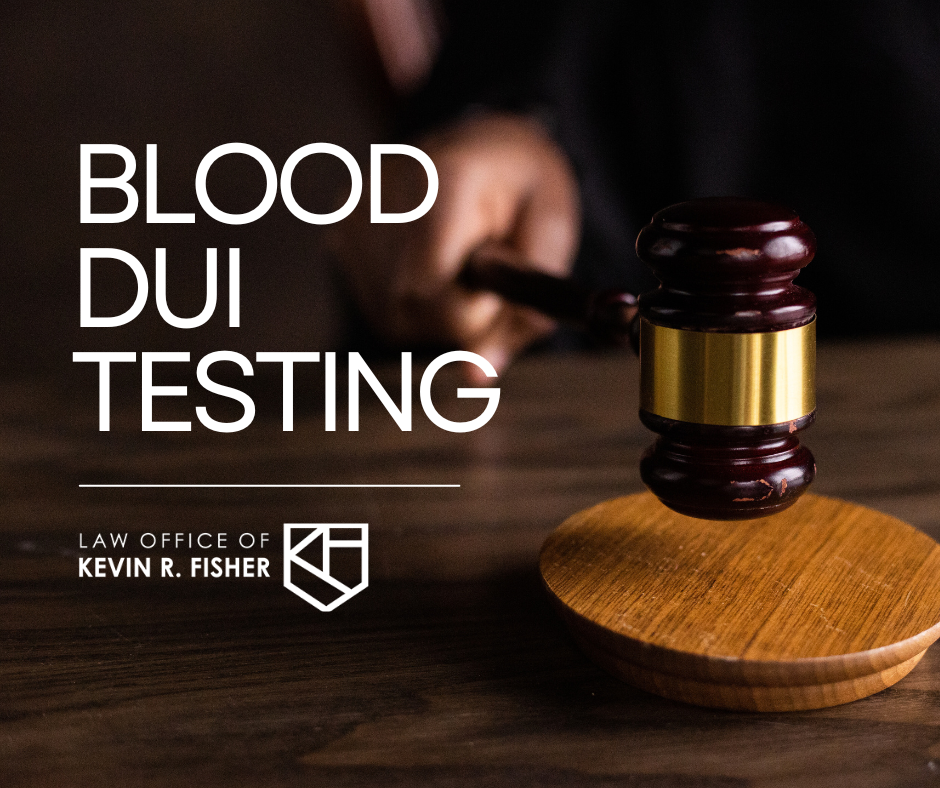Blood tests are one of several ways – including urine, breath, and field sobriety tests–that a police officer can check to see if a driver is driving under the influence. Georgia law treats chemical tests–or blood, urine, and breath tests – differently than field sobriety tests. Keep reading to learn more about blood tests, whether you can decline a blood test, and why you need a lawyer in cases involving blood tests
What is a blood test?
After a person is arrested for driving under the influence (DUI), an officer typically wants to conduct a chemical test to determine how much alcohol or drugs are in the driver’s system. Because a blood test is a medical procedure, the arresting officer usually drives the driver to a medical facility to undergo the blood test. After being transported to a medical facility, the driver’s blood is drawn and tested to determine their blood alcohol concentration (BAC) or the amount of drugs in the person’s system.
Can you refuse a blood test for a DUI in Georgia?
Implied consent to chemical tests is a state law that all drivers agree to recognize after earning their driver’s license. Under O.C.G.A. § 40-5-55, any person who drives a motor vehicle on the highways or roadways throughout the state of Georgia gives consent to a chemical test or tests of their blood, breath, urine, or other bodily substances to determine the presence of alcohol or any other drug in their system.
What happens if you refuse a blood test?
Unlike field sobriety tests – which drivers can refuse – a driver who refuses to submit to a chemical test such as a blood test can have their license automatically suspended for at least one year by the arresting officer.
This means if a driver exercises their right to refuse to do a field sobriety test or submit to a breathalyzer when an officer pulls them over, it does not mean they are automatically free to go. The driver can still be arrested for a DUI if the responding officer suspects the driver is intoxicated. Then, the officer can ask that the driver complete a chemical test rather than the field sobriety test.
If the blood test results show a BAC greater than the legal driving alcohol limit of .08, then the driver will be charged with a DUI if they are over 21. The driver will face criminal charges for being accused of a DUI and will have a case with the Department of Driver Services that they will have to resolve to obtain their license again.

Why you need a lawyer if refusal of a blood test is used against you
Having a DUI on your driving record can result in license suspension, fines, jail time, and more. If you are charged with a DUI after submitting to a blood test, a criminal defense attorney can challenge the accuracy of the test. False readings for blood tests can happen based on many factors such as improper handling of the testing equipment, slow transportation of the blood, medications, incorrect storage of the blood, and more. It is crucial that you have a criminal defense attorney on your side to avoid the negative legal consequences of a DUI.
Have questions? Give me a call.
Navigating the criminal legal system can be confusing. I have decades of experience fighting for clients at all stages of their cases, including clients subjected to blood testing after being suspected of driving under the influence. I know the players in the Georgia criminal court, and I am here to help you throughout the life of your case. If you have questions about blood testing or have legal questions, give me a call today!

